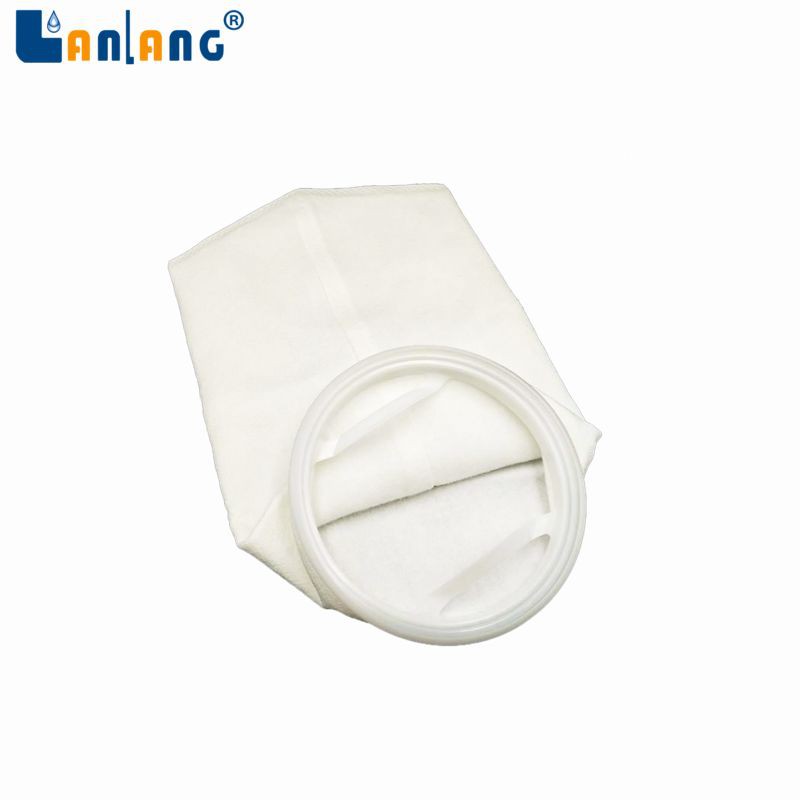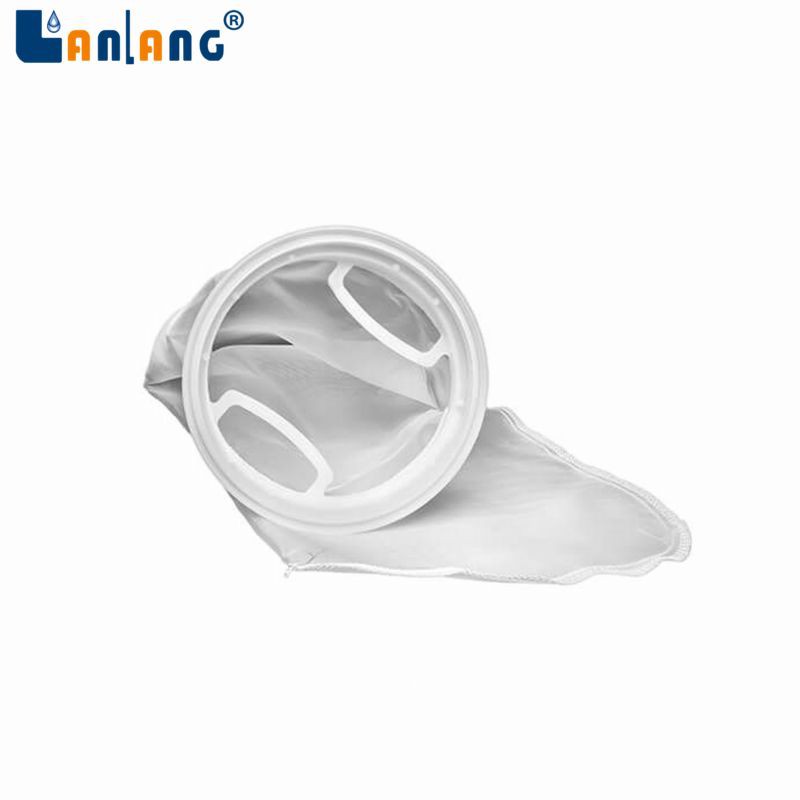Hey there! As a supplier of Nylon Filter Bags, I often get asked about how to choose the appropriate thickness of these bags. It's a crucial decision that can significantly impact the performance and efficiency of your filtration process. So, let's dive right in and explore the key factors you should consider when making this choice.
Understanding the Basics of Nylon Filter Bags
First off, let's talk a bit about Nylon Filter Bags. Nylon is a popular material for filter bags due to its excellent chemical resistance, high tensile strength, and good abrasion resistance. These bags are commonly used in various industries, including food and beverage, pharmaceuticals, chemicals, and water treatment. Nylon Filter Bag can effectively remove solid particles from liquids, ensuring the purity and quality of the final product.
Factors to Consider When Choosing Thickness
1. Filtration Efficiency
One of the primary considerations when choosing the thickness of a nylon filter bag is the filtration efficiency you need. Thicker filter bags generally offer higher filtration efficiency because they have more layers of material to trap particles. If you're dealing with a high concentration of fine particles or need to achieve a very high level of filtration, a thicker bag might be the way to go. For example, in a pharmaceutical manufacturing process where the purity of the product is critical, a thicker nylon filter bag can help remove even the smallest contaminants.
2. Flow Rate
On the other hand, the thickness of the filter bag can also affect the flow rate of the liquid being filtered. Thicker bags tend to have more resistance to flow, which means the liquid may pass through the bag more slowly. If you have a high - volume filtration process where a fast flow rate is essential, a thinner filter bag might be more suitable. For instance, in a large - scale water treatment plant, a thinner bag can allow a greater volume of water to be filtered in a shorter period, improving the overall efficiency of the operation.
3. Particle Size
The size of the particles you need to filter is another important factor. If you're filtering large particles, a thinner bag may be sufficient as it can still effectively capture these particles without sacrificing too much flow rate. However, if you're dealing with very fine particles, a thicker bag with smaller pore sizes will be required to ensure proper filtration. For example, in a paint manufacturing process, where fine pigments need to be separated from the liquid base, a thicker nylon filter bag can prevent the pigments from passing through and maintain the quality of the paint.
4. Chemical Compatibility
The chemicals present in the liquid being filtered also play a role in determining the appropriate thickness. Some chemicals may react with the nylon material over time, causing it to degrade. In such cases, a thicker bag can provide an extra layer of protection and increase the lifespan of the filter. For example, in a chemical processing plant where harsh acids or alkalis are present, a thicker nylon filter bag can withstand the chemical attack better than a thinner one.
5. Cost
Cost is always a consideration in any purchasing decision. Thicker filter bags are generally more expensive than thinner ones because they use more material. You need to balance the cost with the benefits you'll get from the higher filtration efficiency or longer lifespan. If your filtration requirements can be met with a thinner bag, it might be more cost - effective to go that route. However, if the quality of the final product is of utmost importance, investing in a thicker bag could be worth it in the long run.
Comparing Nylon Filter Bags with Other Types
It's also helpful to compare nylon filter bags with other types of filter bags, such as PP Filter Bag and SS Filter Bag. Polypropylene (PP) filter bags are known for their low cost and good chemical resistance, but they may not have the same strength as nylon bags. Stainless steel (SS) filter bags are extremely durable and can handle high - temperature and high - pressure applications, but they are usually more expensive.
Nylon filter bags offer a good balance between strength, chemical resistance, and cost. They are suitable for a wide range of applications, but the choice of thickness will depend on the specific requirements of your filtration process.
Practical Tips for Making the Decision
Here are some practical tips to help you choose the right thickness of nylon filter bag:
- Conduct a Pilot Test: Before making a large - scale purchase, it's a good idea to conduct a pilot test with different thicknesses of filter bags. This will allow you to see how each thickness performs in your specific filtration process and make an informed decision based on the results.
- Consult with Experts: As a supplier, I'm always here to help. You can also consult with other industry experts or engineers who have experience with filtration systems. They can provide valuable insights and recommendations based on their knowledge and practical experience.
- Consider the Long - Term Costs: Don't just focus on the upfront cost of the filter bag. Consider the long - term costs, such as replacement frequency and maintenance requirements. A slightly more expensive thicker bag that lasts longer and requires less frequent replacement may end up being more cost - effective in the long run.
Conclusion
Choosing the appropriate thickness of a nylon filter bag is a decision that requires careful consideration of several factors, including filtration efficiency, flow rate, particle size, chemical compatibility, and cost. By understanding these factors and following the practical tips I've provided, you can make an informed choice that will ensure the optimal performance of your filtration system.


If you're interested in purchasing nylon filter bags or have any questions about choosing the right thickness for your application, don't hesitate to get in touch. I'm here to help you find the best solution for your filtration needs.
References
- Filtration Handbook, Various Industry Publications
- Manufacturer's Technical Data Sheets for Nylon Filter Bags
